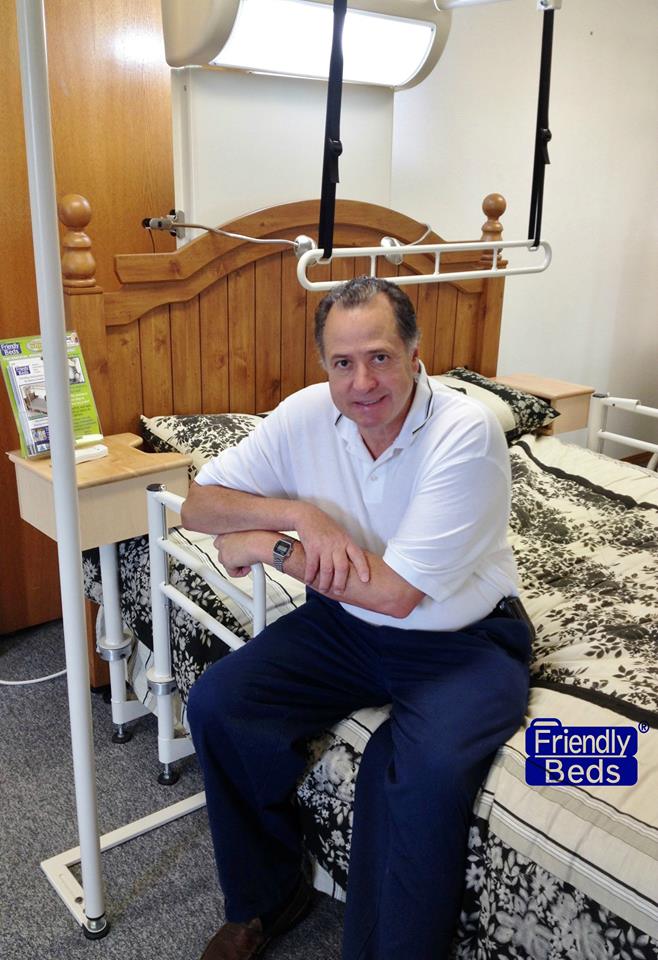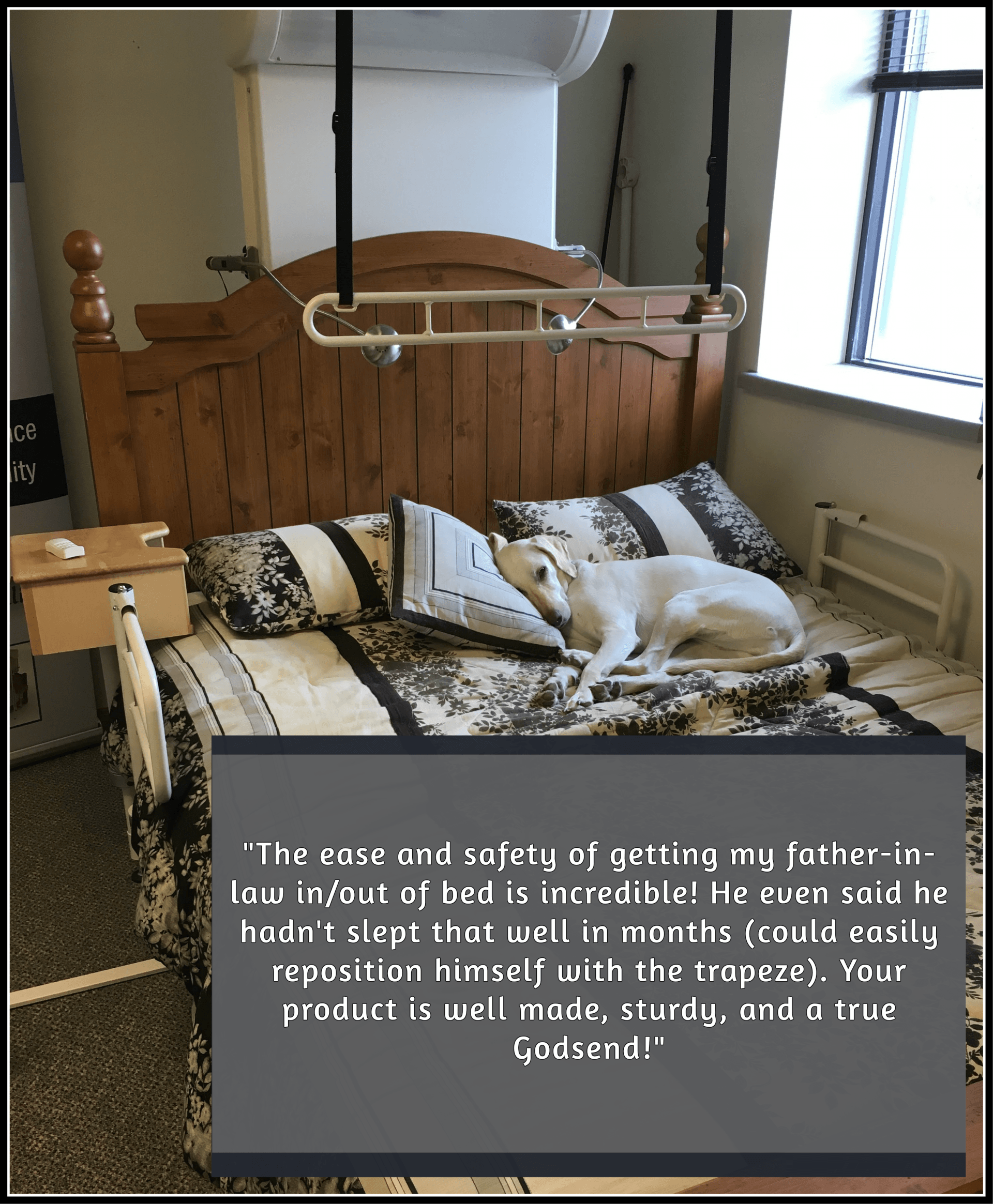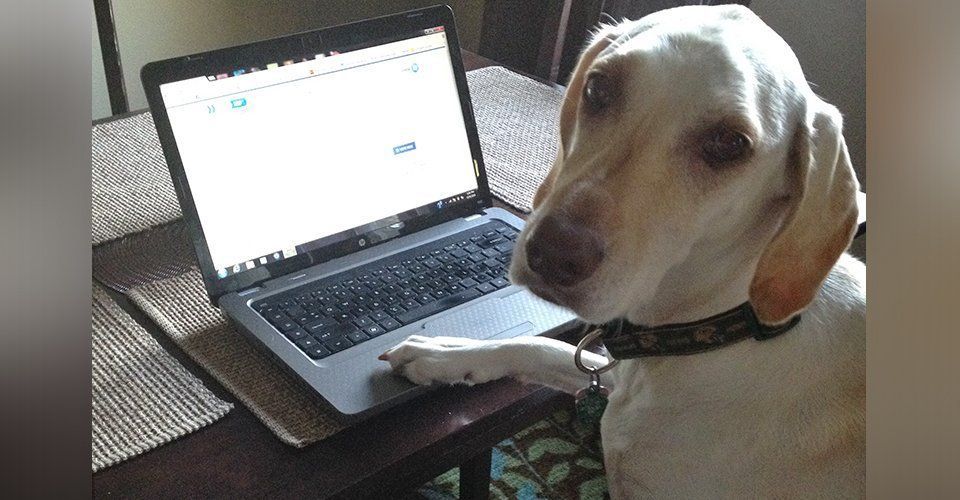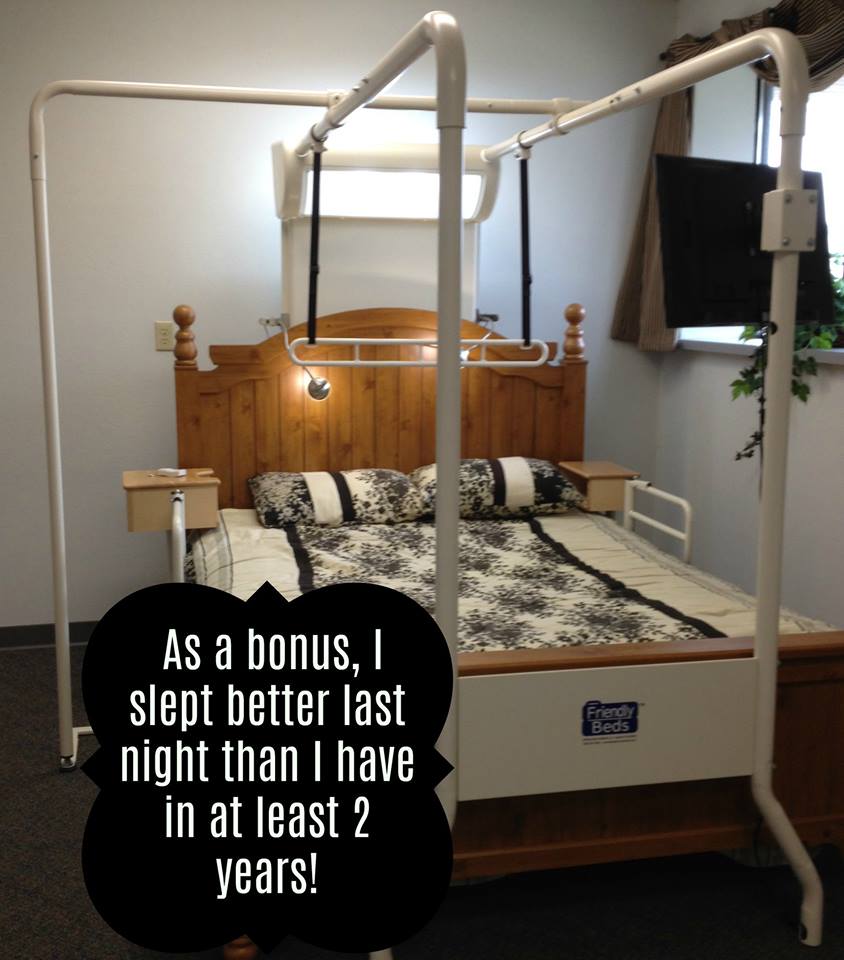Adapting Your Home for Parkinson's Disease
General Safety Guidelines
Adapting Your Home for Parkinson's Disease Effects from Parkinson's disease, like fatigue and trouble getting around, can make daily living, including the fun stuff, tougher.
There are ways you can make your home life as easy as possible.
General Safety Guidelines:
Have emergency numbers (police, fire, poison control, and a neighbor's phone number) close by. Put them in an easily seen place, like on the fridge.
Have a phone near you at all times. Keep a cell phone in your pocket. It'll be especially important if you fall.
Make sure smoke detectors work. You should test them about once a month. If possible, get interconnected ones so if one goes off, they all go off.
Avoid space heaters and electric blankets. They're fire hazards.
How Can Tools Help?
An occupational therapist or rehabilitation specialist can recommend some equipment to make home care and daily activities more comfortable for you.
Examples of things they may suggest include:
Learn how you can get ahead of the pain.
- Built-up utensils that are weighted, larger, more flexible, or have special handles
- Grab bars
- Devices to help you reach
- Electric beds or mattresses
- Sliding boards
- Wheelchairs
How Can I Make My Home Easier to Live In?
Not all of these recommendations may be right for you. Your occupational therapist or rehabilitation specialist can help determine which of these are best for you.
In your living room and bedrooms:
Place furniture so that you have wide walkways. This will leave you plenty of space to move around.
If you can, make outlets easily available for lamps and appliances. If you need extension cords, make sure they're secured with tape and out of the way, so you don't trip on them.
Use chairs with straight backs, armrests, and firm seats. This will make it easier for you to get up and sit down. Firm cushions can add height and make it easier to move.
Look for lamps that you can turn on with a touch or with sound.
If possible, change your phones to ones with larger buttons. It'll make dialing easier. Have the numbers you call a lot programmed into speed dial.
Install handrails along walls, hallways, and stairwells where there is nothing to hold on to.
If you have trouble getting out of bed, see about having a stationary pole or "trapeze" bar installed. You could also try to sleep in a reclining chair.
In your bathroom:
Use an elevated toilet seat or safety rails to make it easier for you get up. Don't use towel racks or bathroom tissue holders to help you stand.
Put extended lever handles on your faucets. That'll make them easier to turn.
Put grab bars inside and outside your bathtub or shower. It'll lower your risk of a slip and fall. A bathtub transfer bench, or a shower chair with a back support can be useful, too, as can a non-skid mat or decals in the bathtub.
Get rid of small bathroom mats that may cause you to trip. A large rug that covers most of the floor with nonstick backing is a great alternative. Wall-to-wall carpeting would work best.
In your kitchen:
Have at least one counter workspace lowered so you can reach it when you're sitting.
Use an electric jar opener to loosen tough lids. Don't close jars or containers too tight when you're through with them.
Get help with lift-tab cans from an extended lever.
Use pans with a wide base. That way, you're less likely to knock them over.
When you need to cut or peel vegetables, use a food processor.
Put utensils, pots, pans, and measuring cups on a pegboard or in an accessible cupboard. Lower storage spaces force you to bend. When you do have to get things out of lower cupboards, sit.
Use a spike board to keep vegetables and fruit still so you have both hands free to peel or chop them.
Also:
- Use plastic containers to avoid broken pieces.
- Use a nonskid mat to keep bowls and plates steady.
- Store food and beverages in small, easy-to-manage containers.
- When you pour liquids, use two hands.
- Use scissors to open plastic packages.
- When you open boxes, use a box top opener.
- Use electric appliances whenever possible.
Source: https://www.webmd.com/parkinsons-disease/guide/parkinsons-home-safety#2







